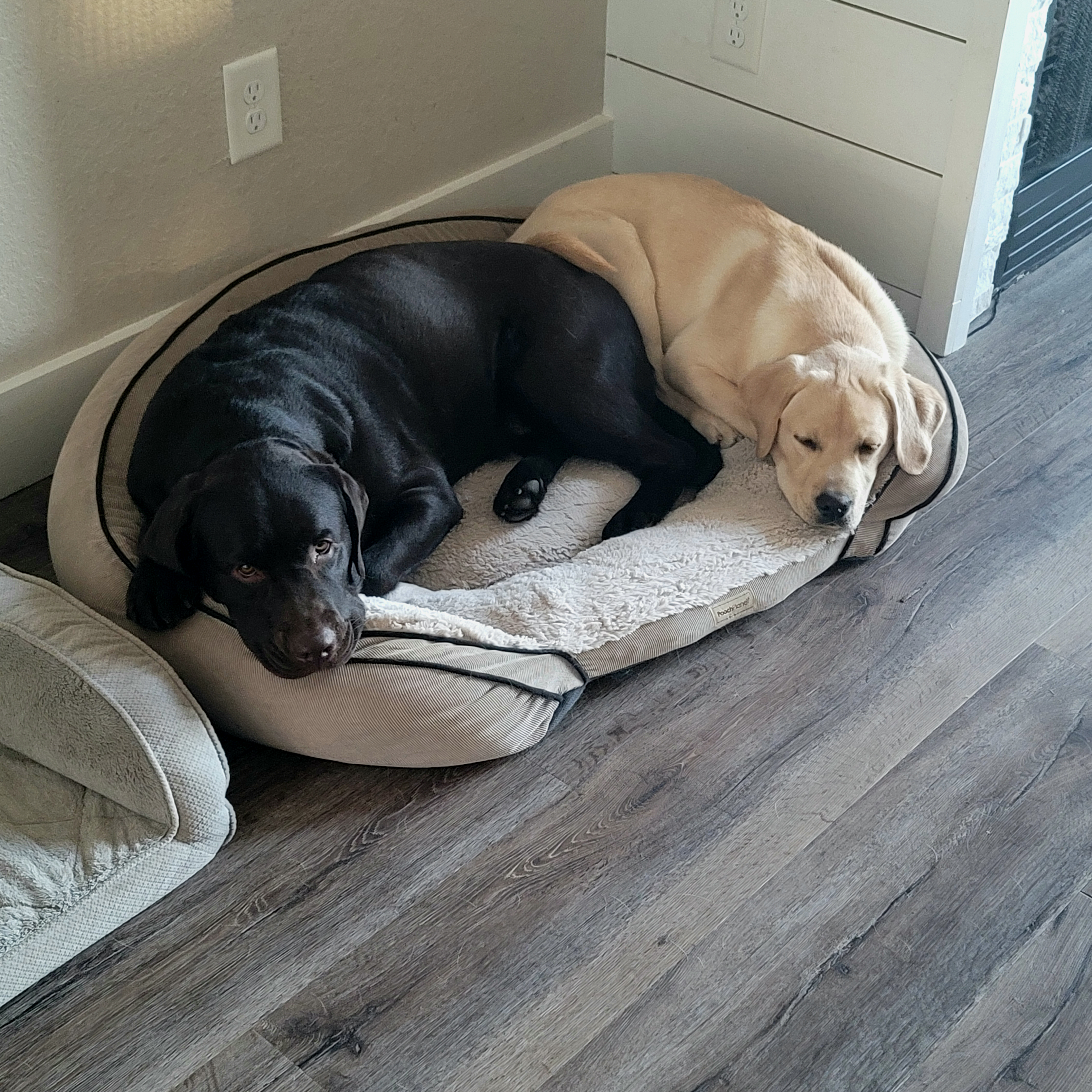Where Should I Keep My Estate Planning Documents?
If you have been reading this newsletter for any period of time, you likely are aware of the importance of having comprehensive, up-to-date estate planning documents. What you may not realize, however, is that where you keep your original documents can be equally as important – and can either help your loved ones out immensely, or can cause them to incur significant legal fees.
A complete estate plan includes documents which are to be used in the event of your incapacity as well as at your death. In both of these situations, it is important that the individuals named to serve in those documents are aware that the documents exist, where they are located, and how they may be accessed. After all, if the original documents cannot be found, they will be of little use. A beneficiary of a will whose original that cannot be located, for example, may be out of luck, if the beneficiary would not have otherwise inherited under Virginia’s laws relating to intestate succession. The law presumes that if an original will cannot be located, its creator destroyed it with the intent that it be revoked. As a result, attempting to admit a photocopy of a will to probate can be a costly, time-consuming endeavor, and there are no guarantees as to whether the copy will ultimately be accepted.
To avoid the problems that arise when original estate planning documents are lost, we recommend the following:
(1) Store your original estate planning documents, and any other important legal documents (deeds, life insurance policies, etc.), in a safe, secure, and logical location.
Many of our clients choose to store their documents in a waterproof and fire-resistant safe or file cabinet at home; others prefer to keep theirs in a safe deposit box at the bank. These are all good options. We do not recommend storing original documents in your car, the freezer, a basement that floods, or in one of the many banker’s boxes you have sitting in your garage. Help your loved ones out by choosing a logical location.
(2) Ensure that others will be able to access your documents in the event of your death or incapacity.
If you are keeping your documents in a safe at home, make extra copies of any safe keys and combinations. If you are keeping your documents in a safe deposit box, work with the bank to ensure that a trusted family member or friend can access them in the event of your death or incapacity.
Under Virginia law, an agent under a power of attorney does not have the automatic right to enter into and remove all contents of a safe deposit box, although the agent may be permitted to enter into the box for the limited purpose of searching for the original power of attorney. For this reason, safeguarding the documents yourself or having a trusted family member safeguard them may cause fewer headaches for your fiduciaries. If you choose to use a safe deposit box, we generally recommend that it be in the name of joint owners, so that the joint owner may be able to access the contents of the box in the event of your incapacity or death. Always check with your bank, however, to ensure this will be the case. Each bank’s policies and procedures may vary.
(3) Tell the individuals named in your estate planning documents where you are keeping the originals and how they may access them.
It is a good idea to do this in writing, so the information is not forgotten. If you store your documents in a safe, be sure your named agents and executor have the combination or a copy of the key. If the documents are in a safe deposit box, make sure your named agents and executor know the box number and the address of the bank branch where the box is located. If you change the location of your documents, update your loved ones immediately to make them aware of the new location.
(4) To avoid confusion, shred any old, revoked estate planning documents.
You don’t want your loved ones to run across – and attempt to use – an outdated will or power of attorney that no longer reflects your wishes. Prevent misunderstandings and family conflicts by keeping only your current estate planning documents.
ASK DAN & RIGGS

Hook Law Center: Hey, guys! Wow, it’s getting hot outside…any tips for keeping my furry friends safe as temperatures climb?
Dan & Riggs: One big tip we have is to always double check the temperature of the pavement before you take your pet for a walk. Humans usually wear shoes, so their feet are safe from intense heat and subsequent burns, but a dog’s feet aren’t! When the weather is above 85 degrees, take extra caution and check out how hot the pavement is. Walk a mile in our shoes – if it’s too hot for your feet, it’s too hot for ours!
